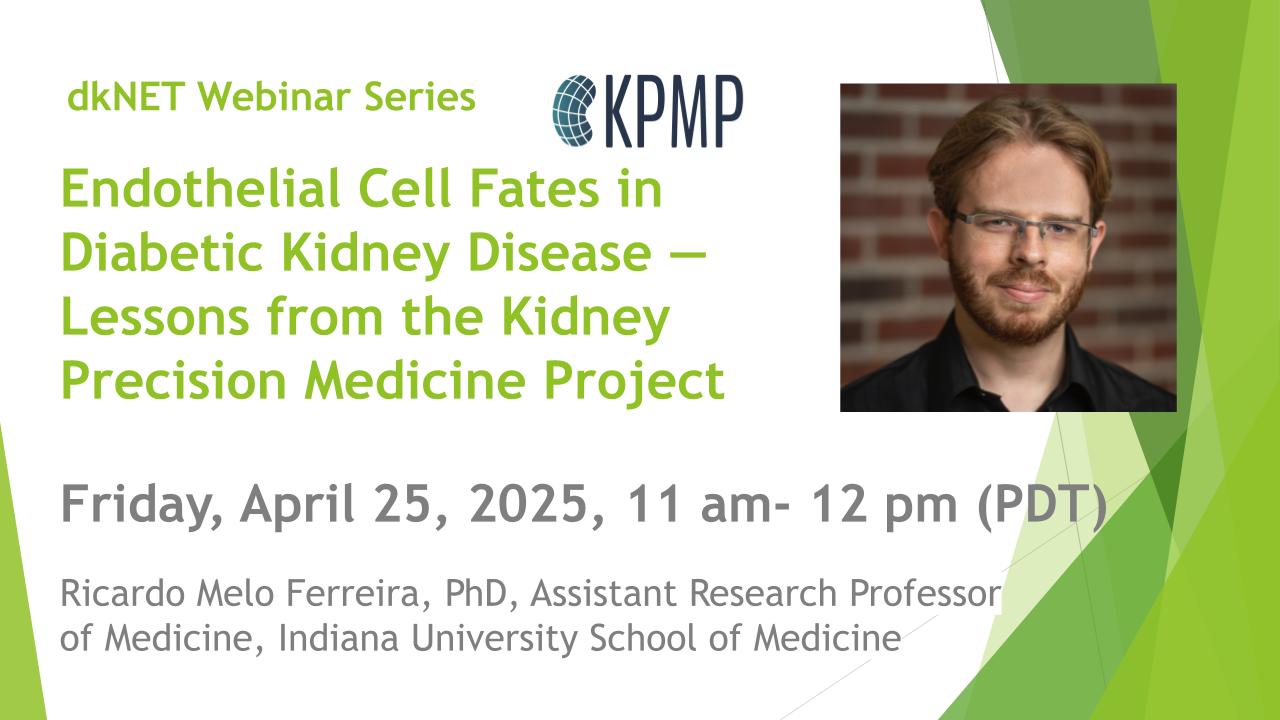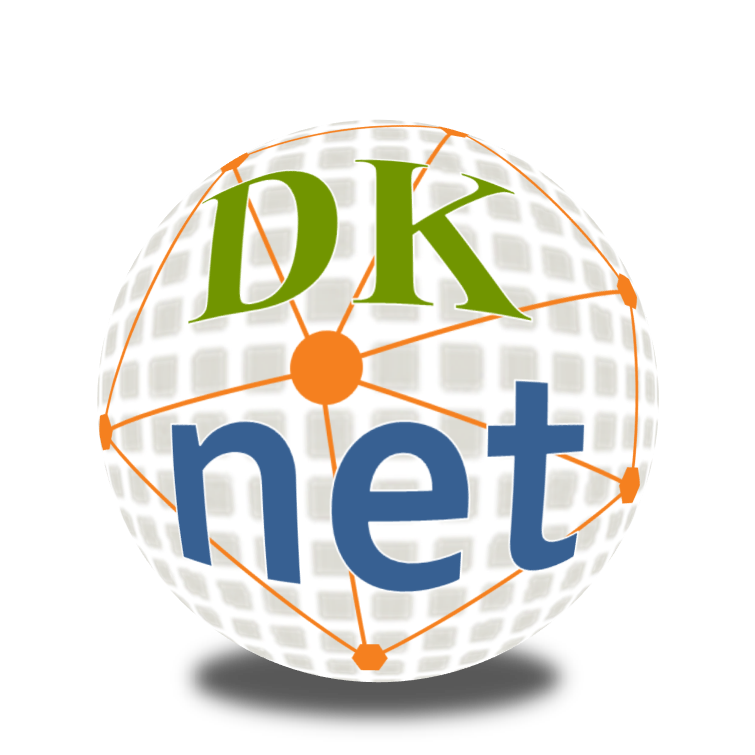Leaving Community
Are you sure you want to leave this community? Leaving the community will revoke any permissions you have been granted in this community.
[Recorded Webinar and Slides are Available Now!] dkNET Webinar: Integrative Artificial Intelligence Approach To Predict Type 1 Diabetes

*Watch recorded webinar here: https://youtu.be/lGnXXYMUdl8
*Webinar Slides: https://www.slideshare.net/dkNET/dknet-webinar-integrative-artificial-intelligence-approach-to-predict-t1d-05162022
dkNET New Investigator Pilot Program in Bioinformatics Awardee Webinar Series
Join dkNET Webinar on Friday, May 13, 2022, 11 am - 12 pm PDT
Presenter: Kenneth Young, Ph.D. Assistant Professor, Health Informatics Institute, University of South Florida
Abstract
Type 1 diabetes (T1D) is a complex and heterogenous autoimmune disease that is no longer considered a clear-cut clinically diagnosed disease. T1D is multifaceted and the efficacy of therapeutic interventions varies greatly. With the evidence of etiological differences in T1D and the availability of high-dimensional multi-omics data in combination with clinical and environmental data, this project aims to use an artificial intelligence (AI) exploratory approach that may aid in the identification of new markers to predict IA and T1D.
This project utilizes data from NIDDK funded by The Environmental Determinants of Diabetes in the Young (TEDDY) study. TEDDY has generated over 900TB of diverse data types including multi-omics data, deep phenotyping, and environmental factor measurements every three-six months for fifteen years. We utilize deep learning methods, such as convolutional neural networks (CNN) and recurrent neural networks (RNN) that apply bidirectional long short-term memory (LSTM), in combination with multi-layer perceptron (MLP), to evaluate the prediction of IA and T1D. To aid in T1D predication, this project uses innovative and transformative AI approaches that combine temporal and static data, which may ultimately provide insights into the complex heterogeneity, diversity, and pathogenesis of T1D. The knowledge gained from this project may not only help advance the T1D community, but may have a broad impact on a variety of autoimmune diseases such as celiac and thyroid diseases which frequently coexist and share genetic susceptibility to T1D.
Dial-in Information: https://uchealth.zoom.us/meeting/register/tZMrdeGspzorGt0idOnF6hz0J-5LGhsFd2HK
Upcoming webinars schedule: https://dknet.org/about/webinar





